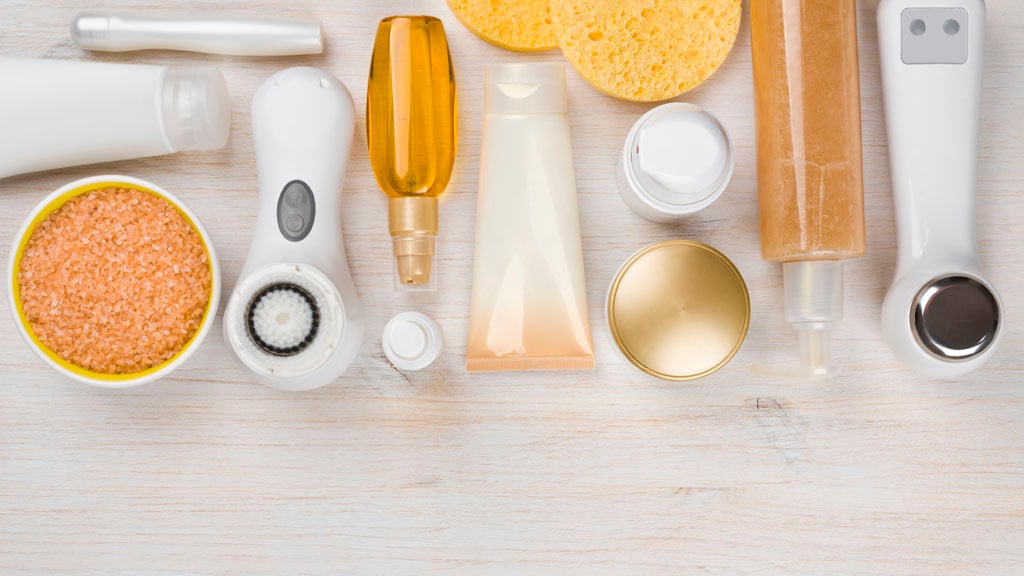I’m seeing it more and more in my office: women over 70 coming in to have cosmetic procedures and to discuss good skin care. We are living longer and better, so naturally women want to look as good as they feel.
They’re primarily interested in non-invasive procedures with little risk and little recovery. However, one of the most important conversations we have is the one about proper skin care and products in mature skin. The “anti-aging” products and suggestions made for a 50-year-old woman may cause problems in more mature skin, so it’s important to know how your skin—and the care you should pursue—has changed with age.
Here are a few tips for caring for maturing skin:
Avoid drying out skin.
Mature skin is very dry with little natural oil production. Avoid drying it out further by cleansing gently and sparingly. Washing once a day—or once every other day—is fine. Also, be sure to use creamy cleansing products.
Add a thicker moisturizer at night.
Look for products with highly emolliating ingredients such as shea butter, ceramides, hyaluronic gel and petrolatum. For very dry skin on the body, look for a product with Urea to help gently exfoliate the dry skin, but also hydrate the sensitive skin underneath.
Be careful not to over-exfoliate.
Although the skin’s natural ability to exfoliate and gently slough some of the surface dead skin cells is reduced with age, mature skin becomes thinner and more fragile. Strong facial scrubs and brushes may do more harm than good by being too abrasive. A better option is to use a buffered glycolic acid containing cream to help exfoliate and gently hydrate at the same time. Be sure to look for one that is gentle with a lower percentage of glycolic acid.
Don’t take super-hot showers.
Hot water will strip the skin of natural oils and since mature skin is producing far less than it did in the past, hot water can make the skin very dry and itchy. The best way to care for skin is to reduce the water to warm, minimize harsh cleansers and soap and moisturize the skin immediately after the shower or bath with a quality moisturizer to lock in they hydration.
Don’t start Retin-A.
Unless you have been using Retin-A for years, starting it on mature skin may be a mistake. Again, the issue is irritation. Even though Retin-A is the gold-standard of anti-aging skin care because it’s scientifically-proven to stimulate collagen production and normalize the surface of the skin, it can be very irritating and drying to the skin. Since mature skin is naturally dry anyway, most women over 70 who have never used it before will need to avoid the Retin A.
Dr. Elizabeth Tanzi is Founder and Director of Capital Laser & Skin Care and Clinical Professor of Dermatology at the George Washington Medical Center.




















